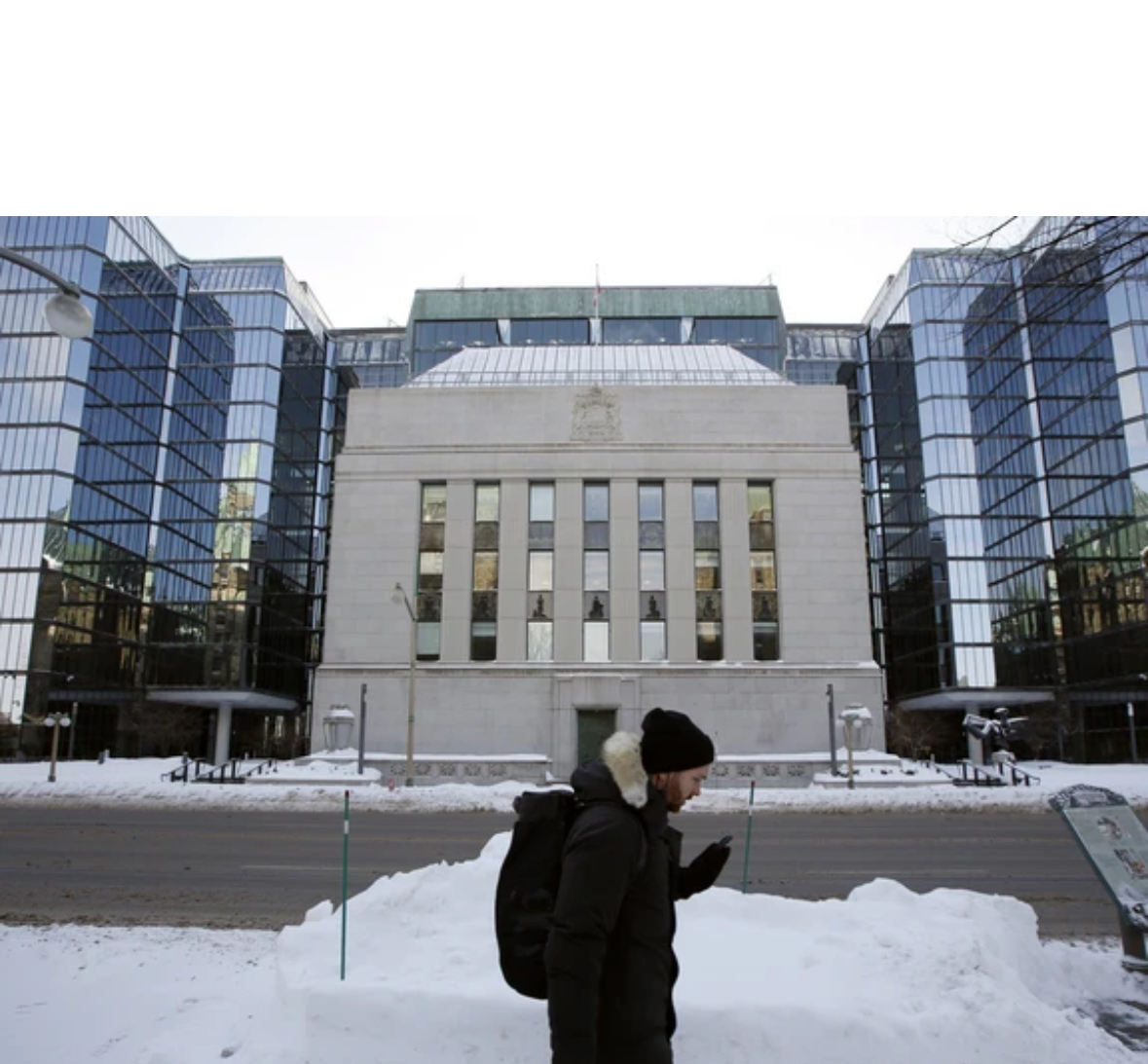Bank of Canada says immigration hasn't added to inflation, but has hit housing market
5 key take-aways from deputy governor's speech on how immigration is impacting the economy
The recent influx of newcomers to Canada has not meaningfully added to overall inflation, though it has put pressure on the country’s housing market, Bank of Canada deputy governor Toni Gravelle said in a speech Dec. 7. Gravelle made the remarks in an address to the Windsor-Essex Regional Chamber of Commerce a day after the central bank decided against hiking interest rates, keeping its benchmark rate at five per cent. Here are five key take-aways from Gravelle’s speech, which focused on the impact high immigration rates have been having on the economy.
1. The economy is cooling, but we’re not there yet
The bank’s efforts to reduce inflation appear to be working. Economic growth and consumer spending are down, while unemployment is up, Gravelle said. These are good signs, because they mean the economy is slowing down and the prices of goods and services is decreasing.
2. Newcomers aren’t boosting inflation
As always, Canada’s population is growing, driven primarily by immigration, said Gravelle, noting that one million newcomers had arrived over the past four quarters alone.
3. Canada’s labour force is aging, but newcomers are giving us a leg up on the U.S. and U.K.
One in five Canadian adults is on the verge of retirement, which will “hold back” workforce growth, Gravelle said.
4. The housing crisis persists
New home construction is up for the first time since mid-2022, but it’s still not enough to mitigate Canada’s housing crisis, Gravelle said.
5. Challenges lie ahead
Housing remains a problem, and in order to solve it, “we need all levels of government to work together on a variety of policies
are giving us a leg up on the U.S. and U.K.
One in five Canadian adults is on the verge of retirement, which will “hold back” workforce growth, Gravelle said.
4. The housing crisis persists
New home construction is up for the first time since mid-2022, but it’s still not enough to mitigate Canada’s housing crisis, Gravelle said.
5. Challenges lie ahead
Housing remains a problem, and in order to solve it, “we need all levels of government to work together on a variety of policies
Financial Post





